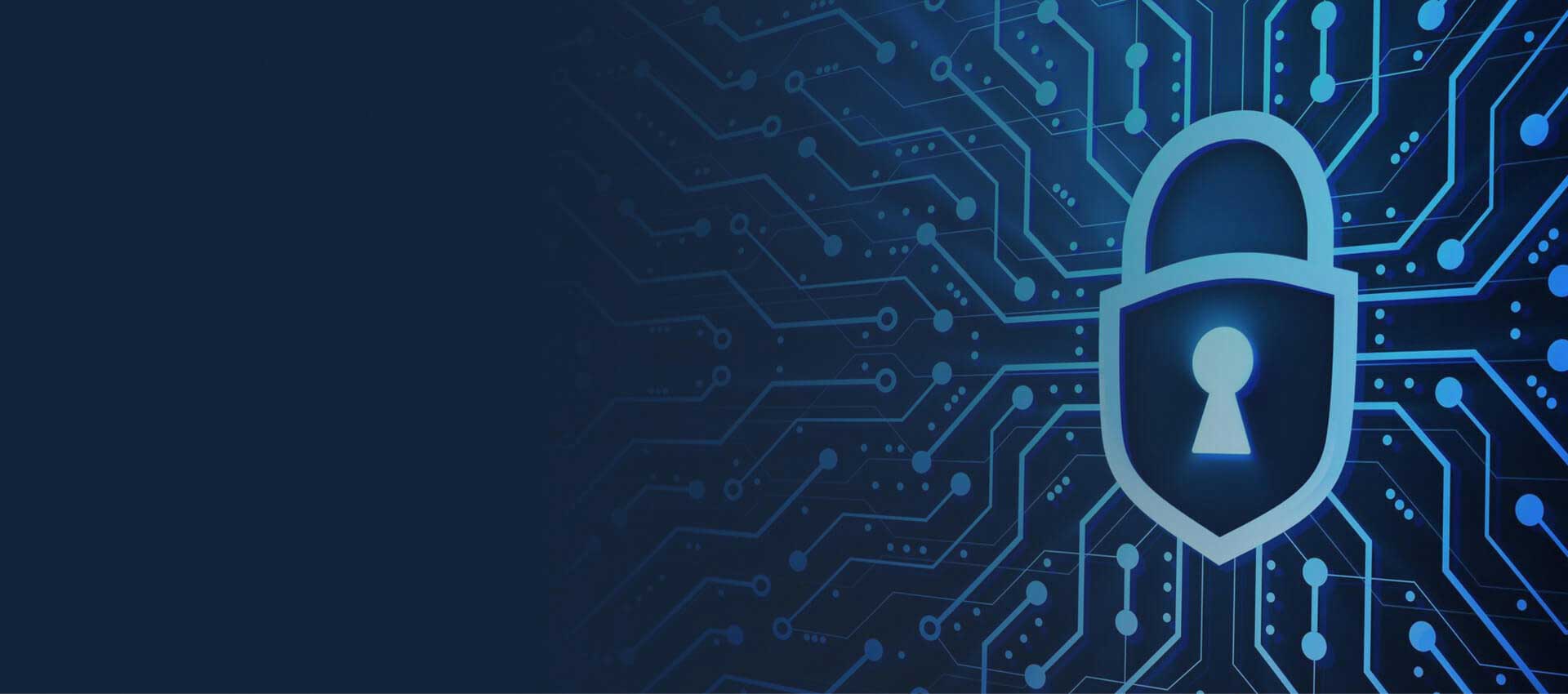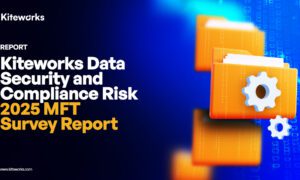Welcome to our guest post, where we will explore the courses for cyber security and its significance in today’s digital age. With the increasing reliance on technology and the growing threat of cyber attacks, it has become imperative for individuals and organizations to prioritize the protection of their sensitive information.
Here, we will discuss key strategies and measures to fortify your digital environment and enhance your cyber security defences. By implementing these practices, you can safeguard your personal and business data, ensuring a safe and secure online presence.
Also, we shall help you to check out the most effective and the best online cyber security certificate programs we offer at Dooey.
Bridging the Gap between Theory and Practice: Hands-on Training at Dooey
In today’s rapidly evolving digital landscape, individuals and organizations face an ever-increasing risk of cyber threats and attacks and there are cyber security certifications online that you must invest in. By investing in certified training programs, you can acquire the necessary knowledge and skills to protect sensitive information and bolster your cyber security defences.
We shall explore some of the top training courses available in the industry, and how at Dooey we aim to empower learners by offering a wide range of training courses that cover different aspects of cyber security.
These courses are designed to provide both theoretical knowledge and practical experience to ensure that learners have a comprehensive understanding of the subject matter.
Empowering Your Team: Cyber Security Education and Training
Investing in courses for cyber security and training for your team is essential to build a culture of security awareness within your organization. Conducting employee awareness programs and training sessions can help your staff recognize and respond to common cyber threats, such as phishing attacks. By equipping your team with the necessary knowledge and skills, you create a united front against potential security breaches.
By implementing these practices, you can safeguard your personal and business data, ensuring a safe and secure online presence. Check out a few tips and tricks given below!
The Power of Strong Passwords and Multi-Factor Authentication
In the realm of cyber security, strong passwords and multi-factor authentication (MFA) serve as the first line of defence against unauthorized access. By creating strong passwords that include a combination of uppercase and lowercase letters, numbers, and special characters, you can significantly reduce the risk of password breaches. Additionally, enabling MFA adds an extra layer of security by requiring users to provide multiple forms of authentication, such as a password and a unique verification code.
Keeping Software Up-to-Date: Importance of Regular Updates
One of the most crucial aspects of maintaining a secure digital landscape is keeping your software up-to-date. Software vendors regularly release updates and patches to address security vulnerabilities and improve overall performance. By promptly installing these updates, you can effectively mitigate the risk of cyber attacks that exploit known vulnerabilities. Automating update processes and scheduling regular maintenance checks can ensure that your systems are always protected.
Empowering Your Team: Cyber Security Education and Training
Investing in online courses for cyber security education and training for your team is essential to build a culture of security awareness within your organization. Conducting employee awareness programs and training sessions can help your staff recognize and respond to common cyber threats, such as phishing attacks. By equipping your team with the necessary knowledge and skills, you create a united front against potential security breaches.
Securing Your Network: The Role of Network Segmentation and Firewalls
Implementing network segmentation and robust firewalls is vital for protecting your digital assets from unauthorized access. Network segmentation involves dividing your network into smaller, isolated segments, reducing the potential impact of a breach. Additionally, configuring and managing firewalls provides a strong defence against external threats by filtering network traffic and enforcing security policies.
Staying Vigilant: Proactive Monitoring and Incident Response Planning
Maintaining a secure digital landscape requires proactive monitoring and effective incident response planning. Implementing continuous monitoring and intrusion detection systems enables you to detect and respond to potential threats in real time. In parallel, developing an incident response plan prepares your organization to handle security incidents efficiently and minimize the impact on your operation
Unleash Your Cyber-Superpowers: Empowering Learners for a Secure Digital Future!
At Dooey, we’ve got you covered when it comes to empowering learners in the field of courses for cybersecurity. We know just how important it is to stay on top of the ever-evolving threats out there. That’s why we offer a wide range of training courses that cover all the essential aspects of cybersecurity.
We don’t just focus on theory—we believe in getting our hands dirty with practical, real-world experience. Now we’re going to dive into some of our top training courses and show you how they can help professionals like you stay ahead of those pesky cyber threats and make a real impact in creating a secure digital environment. So, let’s get started, shall we?
I. Certified Ethical Hacker Training – CEH V12
The Certified Ethical Hacker (CEH) training course prepares individuals to identify vulnerabilities and assess the security posture of computer systems. By gaining insights into the mindset of malicious hackers, participants learn to think and act like ethical hackers, ensuring the integrity of digital infrastructure. This cyber security professional certification empowers professionals to take proactive measures in identifying and addressing potential vulnerabilities, and safeguarding organizations against cyber threats.
The benefits of the CEH training course are multifaceted.
- Participants acquire a deep understanding of the latest hacking techniques and tools, enabling them to anticipate and counter potential attacks
- They learn to conduct ethical hacking exercises, allowing organizations to identify vulnerabilities before malicious hackers exploit them.
- By obtaining the CEH certification, professionals demonstrate their commitment to ethical practices and their ability to protect sensitive information from unauthorized access.
II. Certified Information Systems Auditor (CISA)
The Certified Information Systems Auditor (CISA) training course equips individuals with the knowledge and skills necessary to assess, control, and monitor an organization’s information technology and business systems.
Participants learn to evaluate the effectiveness of internal controls and ensure the confidentiality, integrity, and availability of data. With the CISA cyber security certification, professionals demonstrate their ability to provide valuable insights into an organization’s information systems and contribute to effective risk management strategies.
CISA training offers several advantages to professionals in the cybersecurity field.
- Participants gain a comprehensive understanding of auditing principles, enabling them to identify weaknesses in information systems and recommend appropriate control measures.
- The CISA certification enhances career opportunities by validating professionals’ expertise in auditing, control, and information security.
- It provides a competitive edge in the job market and opens doors to a wide range of career paths, including IT auditing, risk management, and compliance.
III. Certified Information Systems Security Professional (CISSP)
The Certified Information Systems Security Professional (CISSP) training course is designed for experienced professionals looking to deepen their understanding of security concepts, tools, and practices.
Participants gain expertise in various domains of information security, including risk management, access control, cryptography, and network security.
- The CISSP certification validates professionals’ ability to design, implement, and manage a secure information environment, making them highly sought-after in the industry.
- CISSP training provides professionals with a holistic understanding of information security, enabling them to develop comprehensive security programs and strategies.
- This cyber security certification online covers a wide range of topics, including security architecture and design, security operations, and legal and ethical considerations.
- By acquiring the CISSP certification, professionals showcase their commitment to maintaining the highest standards of information security and demonstrate their ability to protect organizations from evolving cyber threats.
IV. CISM Training – Certified Information Systems Manager
The Certified Information Systems Manager (CISM) training course focuses on the management and governance of information security programs. Participants develop the skills necessary to align security strategies with organisational goals, manage incident response, and establish effective security policies and procedures.
With the CISM certification, professionals demonstrate their competence in managing and overseeing information security systems, earning recognition for their leadership and expertise.
CISM training provides professionals with the knowledge and skills to effectively manage and mitigate information security risks. Participants learn about risk assessment and management, security program development and management, incident response, and governance frameworks.
The CISM certification enhances career prospects by highlighting professionals’ ability to establish and maintain effective information security programs and provide valuable insights to senior management.
By choosing Dooey’s cyber security training certification, you are not just investing in your own professional growth and development but also joining a community of like-minded individuals who are passionate about creating a secure digital future.
V. Secure Coding Training
Our Secure Coding Training course is designed to equip developers with the knowledge and skills necessary to write secure and robust code. Participants learn about common vulnerabilities and best practices for preventing them, ensuring that the software they develop is resistant to cyber-attacks. By focusing on secure coding principles, professionals can contribute to creating a more secure digital environment and reduce the risk of data breaches and system compromises.
Leading the Way in Cybersecurity Education: Partner with Dooey for Your Secure Digital Future
Dooey is your trusted partner in the realm of cybersecurity education. Our training courses provide the knowledge, skills, and practical experience you need to combat cyber threats and contribute to a secure digital environment.
With our commitment to excellence, comprehensive curriculum, and flexible learning options, we are confident that our cybersecurity courses are the best choice for professionals looking to stay ahead in this ever-evolving field. At Dooey we offer the best online cybersecurity certificate programs,
Our alumni network, industry partnerships, and ongoing support ensure that you have access to valuable resources and networking opportunities even after completing the course.
So, are you ready to unlock your potential and embark on an exciting journey in cybersecurity? Join us at Dooey and let’s together build a safer and more secure digital world.



































